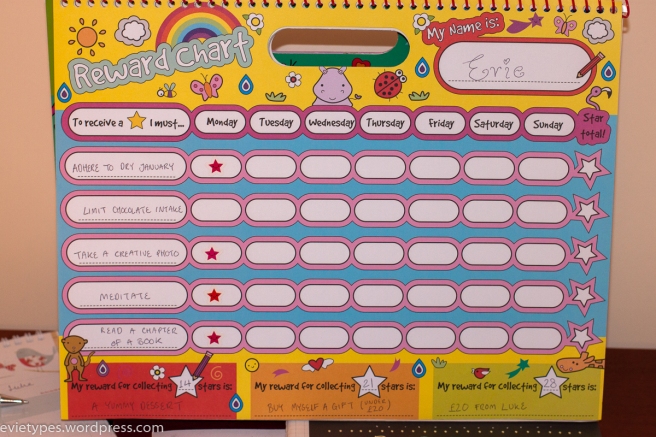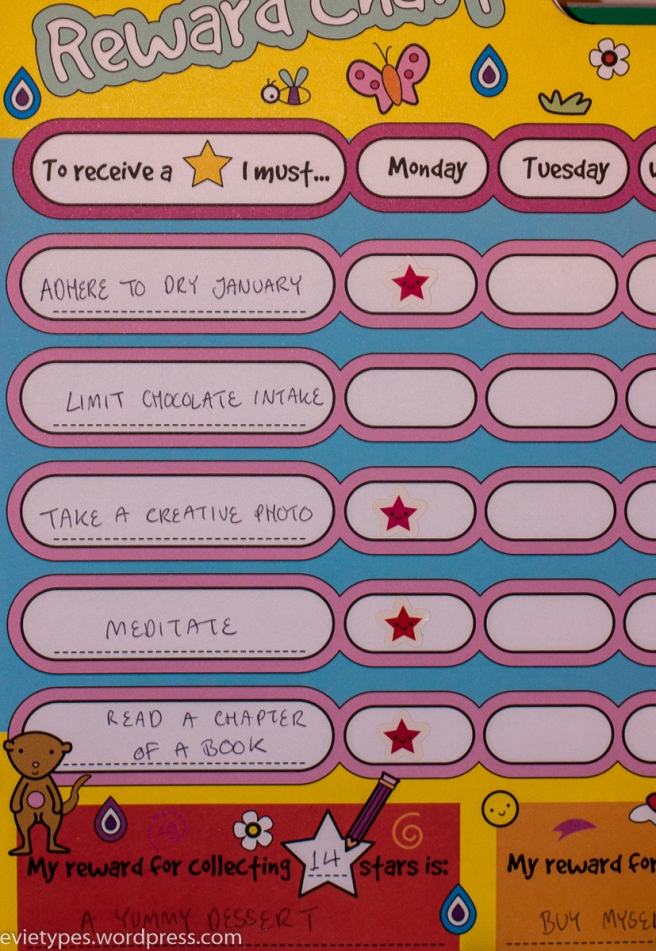Think of a new habit you picked up. Or one you altered. Or a bad habit you eliminated…
When did that start?
Did you start January 1st? On a Monday? When you started a new job? When you moved home?
Did you read a really compelling book about something which motivated you to make a change? Did a doctor give you medical advice that influenced you to alter your behaviour? Maybe a bad, or good, experience triggered you to take action.
These seem to be the most common times habit change occurs.
I broke my bad habit of consuming an energy drink a day by getting sick after drinking one. Whether the drink caused the sickness or not, that bad experience meant I never had another. It helped I was on holiday at the time too.
Then I picked up a bad habit when I changed jobs. I would rarely eat at Mcdonalds a few years ago. Now I’m ashamed to say I go there regularly. There’s one right by my workplace now, so at the end of the day, with my stomach growling and willpower depleted, I find it hard to resist the speed and convenience of their inadequate food!
So when have you managed to make or break a habit? Feel free to comment with your examples!
Do you find yourself saying things like, ‘I’ll start my diet on Monday’, ‘I’ll start running when the weather gets better’, or ‘I’ll give up smoking when work stops being so stressful’?
Sometimes it can be beneficial to wait until the time is right. Other times the time is never right. And other times it’s just an excuse (I can eat all this chocolate cake now because my diet doesn’t start til tomorrow!).
[No need to read beyond this point. To summarise, when I move house I plan to give up smoking, generally be more healthy in terms of diet and exercise, and maintain lots of good habits. It seems sound in theory, but we’ll see how it goes in practice. Good luck to me!]
I’m moving house in a few weeks, and have very, very high hopes that a change in situation and environment will be a catalyst for all kinds of positive changes.
The most challenging one is giving up smoking! I’ve been in a state of strategizing and attempting to quit for a long time now. No success so far – except for learning what works and what doesn’t. That’s a very important tip for habit change by the way. Don’t give up hope, just take your attempts as learning experiences until you find what really works. I learnt I simply can’t have access to tobacco if I don’t want to smoke. Also, that I pair other habits with smoking, such as working at the PC and drinking.
I have a fair amount of confidence that when I move I can leave it behind in my old life. The new environment and new daily routine will lessen the usual triggers I have now. I’ll have to be extremely careful with money so it will be stupid to continue wasting so much on smoking. Smoking will be banned in the house (where I live now it’s allowed in some rooms). I won’t be living with smokers (almost everyone in my current household is a smoker). My partner will be giving up at the same time (we can provide mutual support). I believe if I don’t take this opportunity and do maintain the habit in the new place that I probably will never quit smoking. It will help that in the first few weeks I will be very busy unpacking and decorating, therefore my mind and body will be suitably occupied. It will still be a challenge other times, such as in work, visiting my old house or parents place (my Dad is a smoker), and when I’m out and about. I’m not going to be hard on myself if I have the odd cigarette with someone, but I’ll have a rule that I won’t be able to buy a personal supply.
Will it work? I bloody well hope so!
My other plans are as equally life-changing.
My main method of exercising is using the Xbox Kinect and games such as YouShape. I’ve found this to be the most effective way to get myself to do structured exercise. I don’t currently have a full-time space to do this. When I move I’ll have a nice big living room with the TV and Kinect set up full time. I’ll also have time and privacy, so I can’t see there being any excuses.
Healthy eating: The only food available will be the food I buy. (And what my partner buys, so I’ll have to tell him to hide his snacks when he buys them!). Hopefully this full control over my fridge, my grocery list, and kitchen, will help in making better choices.
Good habits: These kinds of habits will be things like the one minute rule – if something takes less than a minute to do, such as tidying up or putting laundry away, then it should be done right away and not be left to build up. Then there’s habits like reading before bed rather than watching TV (we don’t plan on having a TV in the bedroom, which will take a while to get used to!). Meditating or writing will be easier habits to maintain because I’ll have more private space without disturbances.
So I’m going to be very mindful. The first few weeks will be crucial in taking advantage of this fresh start. I’ll have to track my habits and make sure bad ones are kept at bay. I see it as the beginning of the rest of my life, so hope it’s a good one!
I plan on writing regular updates on how this is working out.
Hopefully the strategies will provide useful insight into habit formation and sustainable change.
I’m not suggesting you move home to change your ways! Sometimes you just need a subtle change in your life to help you. For example, if you always find yourself buying a Greggs on the way to work, then change your route if you can so you don’t go past it. If you want to cut down on drinking but your social outings always involve a bar, then suggest to your friends going somewhere that doesn’t serve alcohol, or find new friends! Find ways to make your habit less convenient and less appealing.
Don’t keep food in your bedroom if you’re a late night snacker!One last thing.
I’ve heard that the most powerful strategy to change your habits is….getting pregnant!
Obviously once you become responsible for the health and wellbeing of your unborn offspring you tend to kick those unhealthy habits and take on healthier ones!
I don’t recommend getting pregnant just as a method of giving up smoking!







